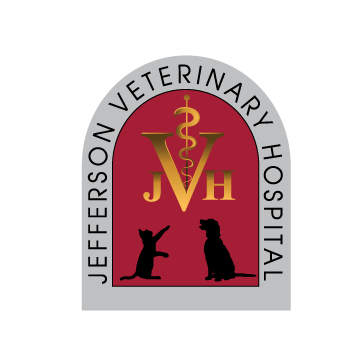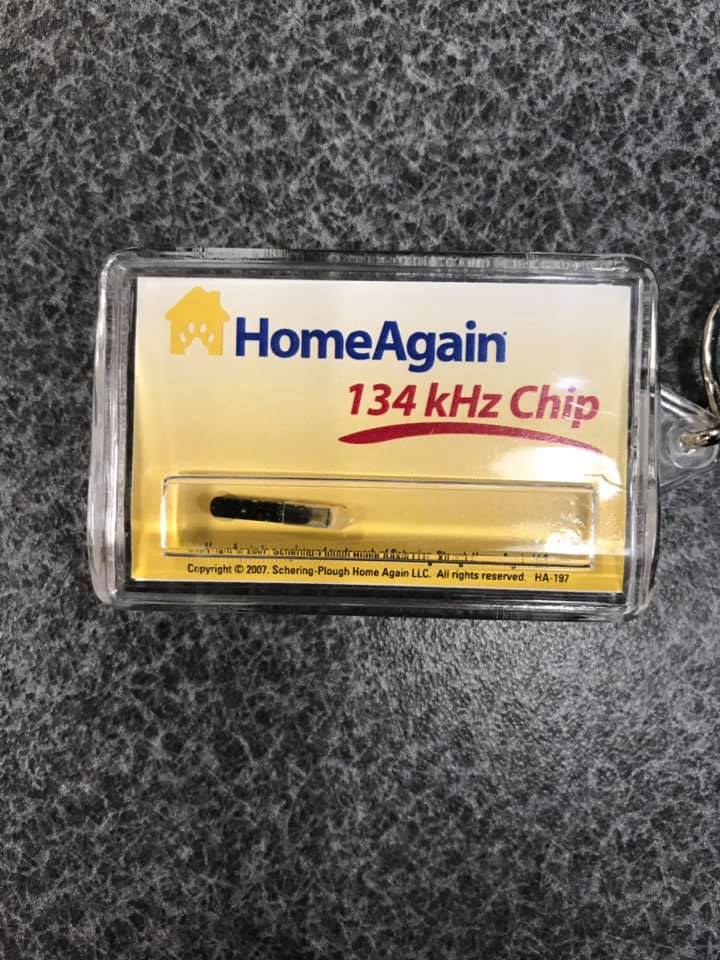February is dental month at Jefferson Veterinary Hospital! Dental health is an important part of your pets care and we are offering a 15% savings on all dentals performed in the month of February.
The Importance of Dental Health in Pet Care
When it comes to caring for our pets, many of us focus on diet, exercise, and routine veterinary check-ups, which are important. However, dental health is a crucial aspect of overall pet care that often goes overlooked. Just like humans, pets are susceptible to dental diseases that can lead to serious health issues if not properly managed. Unlike people, dogs will often mask the pain that dental disease can cause.
Understanding Veterinary Dental Health
Regular dental cleanings play a vital role in maintaining your pet's oral health. Most pets will develop some form of dental disease by the age of three. Plaque and tartar accumulation can lead to gingivitis, periodontal disease, and ultimately tooth loss. These conditions not only affect a pet's ability to eat and enjoy their food, but they can also lead to painful infections.
Consequences of Poor Pet Dental Health
Neglecting dental care can result in far more than just bad breath. Bacteria from gum disease can enter the bloodstream, impacting vital organs such as the heart, liver, and kidneys. This systemic effect highlights the importance of maintaining not only dental hygiene but overall health. Pets suffering from dental problems may show signs of discomfort or pain, which can lead to behavioral changes and a reduced quality of life.
Benefits of Regular Veterinary Dental Cleanings
Regular dental cleanings involve a thorough examination of the mouth and teeth, scaling to remove plaque and tartar, and polishing to reduce future buildup. Here are key benefits of scheduling these cleanings for your pet:
Prevention of Dental Disease: Cleanings can catch early signs of dental issues before they escalate into more serious problems.
Improved Breath: A clean mouth often leads to better-smelling breath, which is a huge benefit for us.
Enhanced Quality of Life: Regular dental care helps prevent pain and discomfort that can affect a pet’s behavior and appetite.
Longer Lifespan: By reducing the risk of systemic diseases linked to dental health, maintaining your pet's oral hygiene can contribute to a longer and healthier life.
Tips for Maintaining Dental Health at Home
While professional dental cleanings are essential, there are additional steps pet owners can take at home to support their pet’s dental health:
Regular Brushing: Using a vet-approved toothpaste and toothbrush designed for pets can significantly reduce plaque buildup.
Dental Chews and Toys: Chew toys and treats designed to promote dental health can help reduce the build up of plaque.
Routine Checks: Regularly inspect your pet’s mouth for signs of gum inflammation, tooth discoloration, or bad breath.
Incorporating dental health into your pet care routine is as important as vaccinations and regular check-ups. By prioritizing dental cleanings and proper oral hygiene, you can help ensure your pet lives a healthier, happier life. Don't hesitate to consult your veterinarian about a dental care plan that suits your pet's specific needs. Your companion deserves the best, and oral health is a significant piece of that puzzle.
























